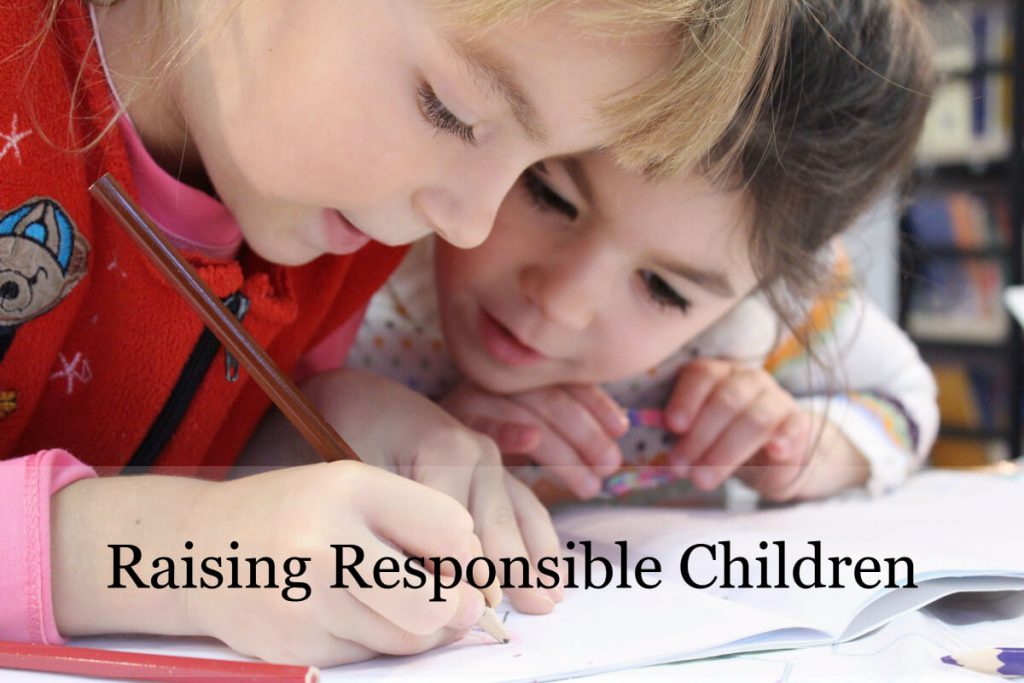There seems to be lots of talk in the media these days about teenagers and young adults who have their focus on their devices rather than on the world around them. I read an article recently that gave that a different spin – and one I’m inclined to agree with. We as adults need to take some responsibility for the children and young people in our lives. Interact with them. Challenge them to action. Do our part to bring out the very best in them!
This is Family Day Weekend, so a good time to think about raising capable responsible citizens for the next generation.
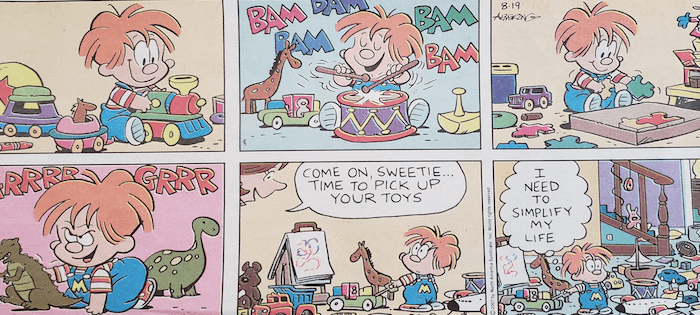
When children are not expected to contribute to the family, there can be serious repercussions:
- They learn to expect others to serve them, rather than learning to serve others.
- They don’t get the chance to learn the practical skills needed for independence.
- They develop the sense that it is their right to be excused from responsibility.
- They become angry when asked to help out others.
- They don’t appreciate the hard work that goes into making home a comfortable place to live.
- They don’t develop the sense of worth that comes from being a team player and working towards the good of the family as a whole.
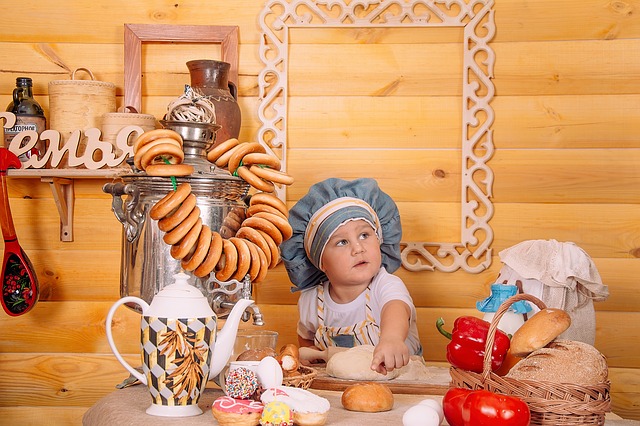
The best way to bring out the good qualities of our children is to work together as a family unit. Train children from little on up what it means to be part of the family and contribute to what needs to be done around the house.
It is important to show our appreciation to each other so that everyone (children as well as adults) are reminded that their contributions are valuable and matter to the family as a whole.

Discuss chores at a family meeting so that kids can be involved in the decision making.
An important part of the family meeting is to talk about what the consequences are if the chores are not completed. Everybody in the family might have a different consequence. Find what matters to your children. Device time, allowances, social activities etc are privileges and can be revoked if chores aren’t completed as agreed.
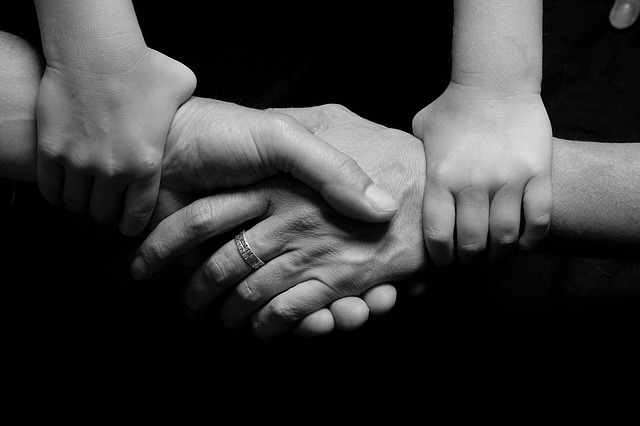
Use mutually agreed-upon nonverbal reminders if a chore is forgotten. One suggestion is the signal of an upside-down plate at the table. When the plate is upside-down, it reminds the child that part of their routine needs to be completed before sitting down to eat.
Chore ideas for 3 – 5 year olds
- For this age group you might want to make a chore spin wheel. Add photos that represent chores. This can be as simple as a paper plate with photos attached around the edge. A construction paper arrow can be attached with a brad. Children can spin the arrow each day to see which chore they do.
- Place napkins, plates and silverware on the table.
- Clean up what they drop after eating.
- Clear their own place at the table and put the dishes on the counter after cleaning the leftovers off the plate.
- Wipe up their own accidents.
- Help put groceries away on a lower shelves.
- Unload utensils from the dishwasher.
- Fold washcloths and socks.
- Choose their outfit for the day and dress on their own.
Chore ideas for 6 – 8 year olds
Write chores on slips of paper and put them in a box. Each child can choose the agreed upon number for the agreed upon time period. Chores can change weekly, depending on what works for your family.
- Set the table.
- Put groceries away.
- Help compile the grocery list and help with shopping.
- Follow a schedule for feeding pets.
- Help do yard work.
- Help make the beds and vacuum.
- Help do the dishes or fill the dishwasher.
- Dust furniture.
- Spread butter on sandwiches.
- Help prepare plates of food for the family dinner.
- Make a simple dessert.
- Hold hand mixer to whip potatoes or mix up a cake.
- Help with meal planning and grocery shopping.
- Make a simple breakfast and clean-up.
- Tear up lettuce for the salad.
- Pay for small purchases.
- Help clean out the car.
- Take out the garbage.
Chores ideas for 9 – 14 year olds
You can do the same option as for younger children, or maybe you want to consider having a white board and listing the chores there. Each child (on a first-come basis) chooses the chores he wants to do and then crosses them off when they are done.
- Shake rugs.
- Water plants and flowers.
- Peel vegetables and cook simple meals.
- Prepare school lunches.
- Rake leaves and weed flowerbeds.
- Walk pets.
- Straighten or clean out the silverware drawer.
- Change sheets on the bed.
- Start learning the process of doing laundry and help with various aspects.
- Help with grocery shopping and learn to do comparative price shopping.
- Plan and prepare a family meal.
- Wash the car.
- Pack own suitcase.
Thoughts on chores for kids 15 – 18
By ages 15 – 18 kids have strong skills. Have regular discussions at family meetings to agree on what chores need to be done and to put in place a plan that works for everyone.
- Put siblings to bed and read to them.
- Mow the lawn.
- Clean the fridge.
- Check the car and add oil or washer fluid if needed. Learn to pump gas.
- Help do family errands.
- Most anything that the adults are doing!
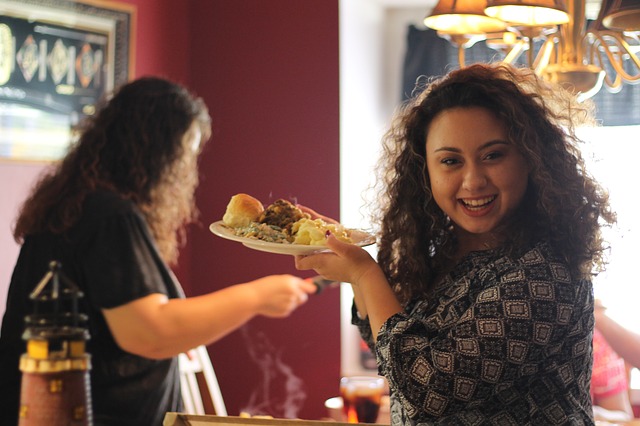
Children aren’t born with the competency to do jobs efficiently and quickly. As a matter of fact, it’s usually more work to have them help. If, however, you send them out to play so you can zip through the housework, you teach children they’re not really needed. Later you may complain that you have to do all the work yourself.
The extra effort it takes to involve and train children to help the family is worth it on 2 levels. First, you divide the tasks and double the success! Second, children learn valuable skills such as:
- keeping commitments
- planning ahead
- following through
- organizing their time
- juggling several tasks at a time.
Consistency is super important when training children to help around the house. Follow through….follow through……follow through!
Consider using the “As soon as __________________, then _______________” formula. “As soon as your chores are done, then you can go out and play.”
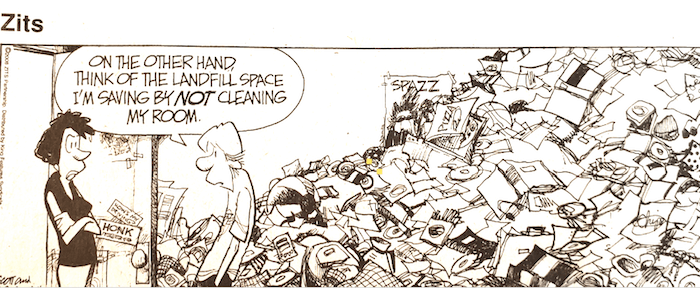
From our family here at Heart of the Matter to your family – have a great Family Day week-end!

Thanks for visiting Heart of the Matter. If you found this information helpful, we would love it if you would use the social media buttons to like and follow us or forward this blog on to a friend who might enjoy it!

